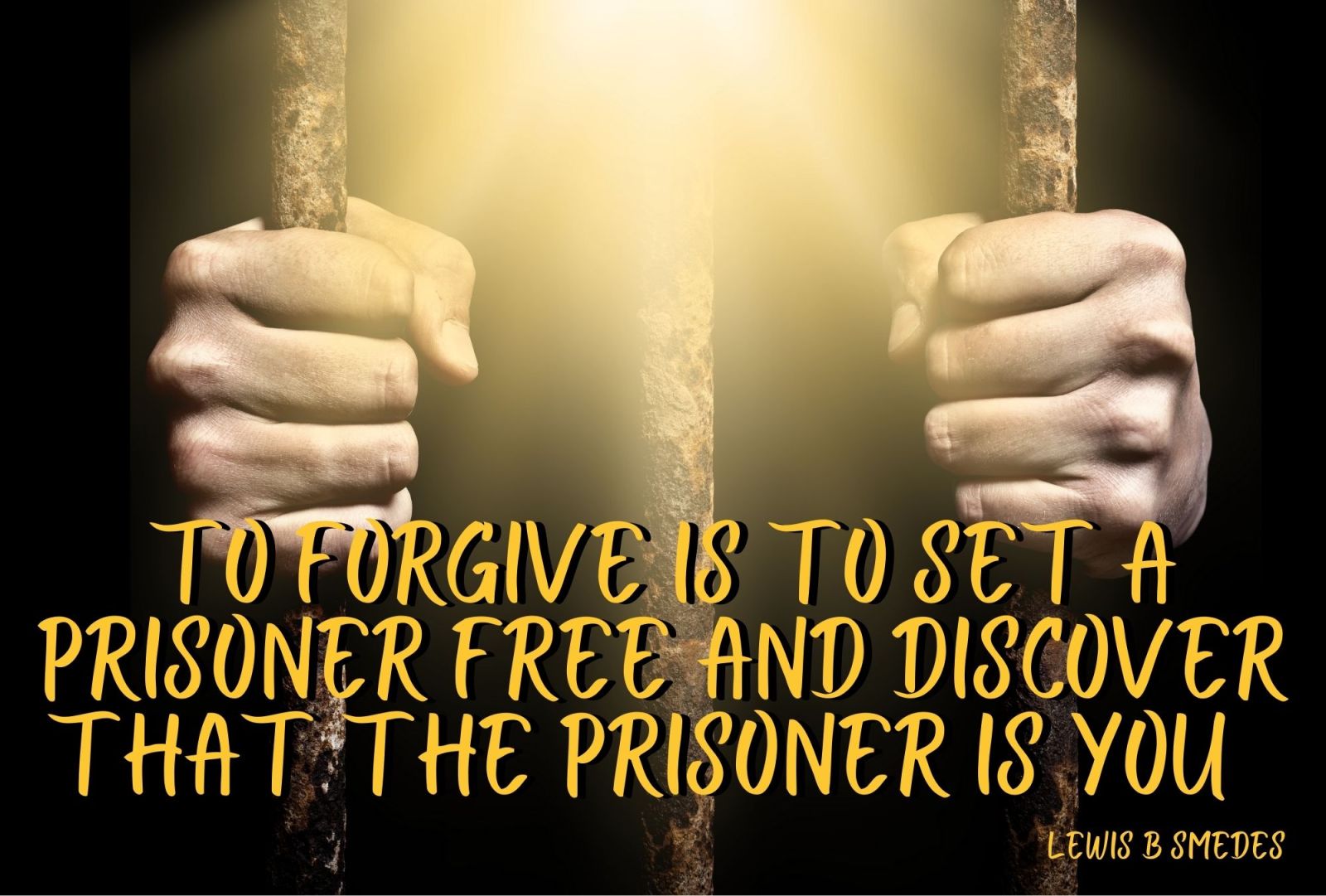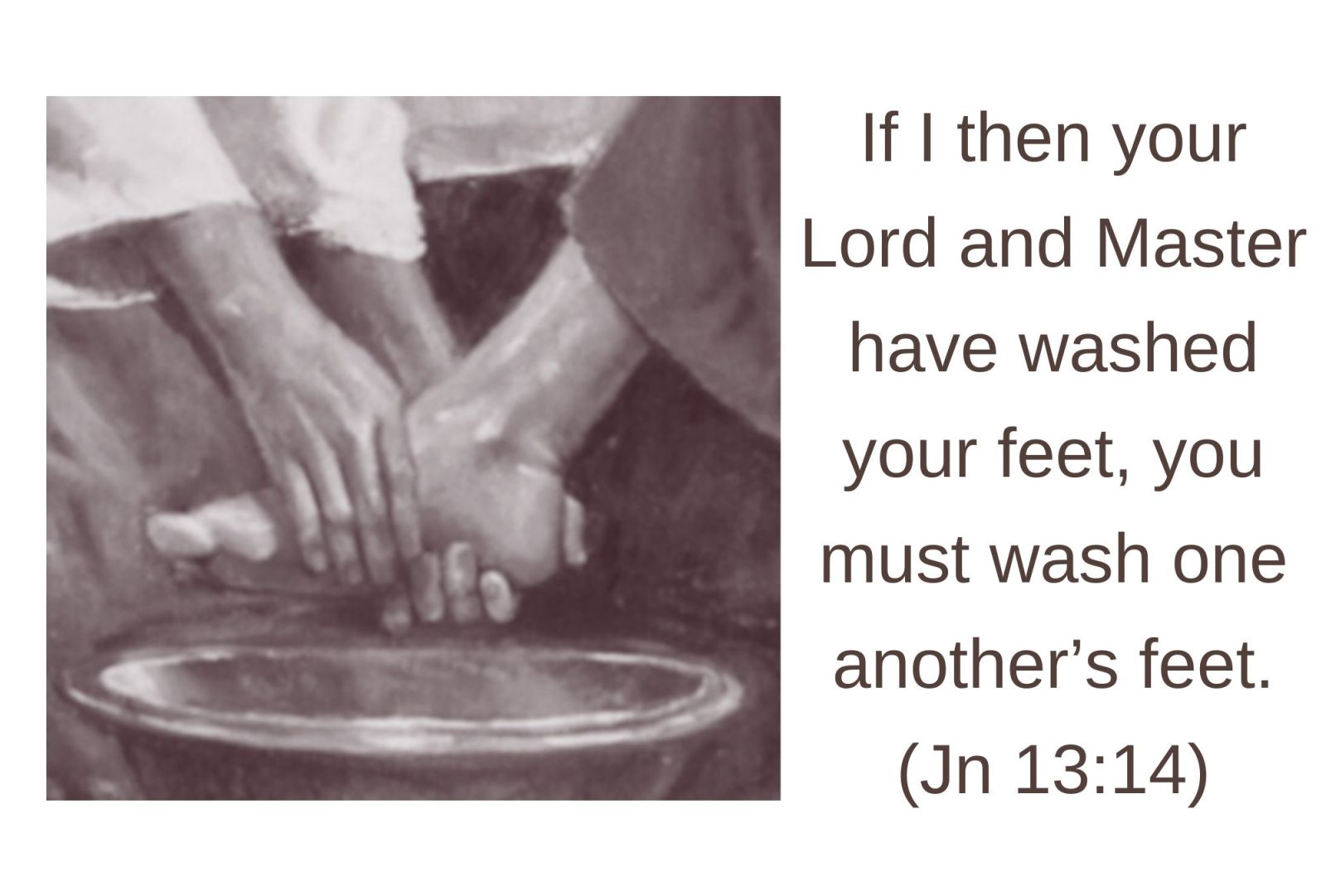
Over the years I have come to a deeper understanding of the importance of forgiveness in the plan of God’s salvation. Through the parables and teachings of Jesus on forgiveness, my own learnings, and experiences of reconciliation I have come to understand how the grace of forgiveness plays an important role in the ultimate plan of God’s salvation. The readings of this Sunday remind us of the importance of receiving as well as offering forgiveness as the way to our ultimate freedom and fullness of life. The parable of the unforgiving servant in the gospel reminds us of two fundamental things: we are forgiven of a great debt to God and that we are invited to do the same to those who are in debt to us.
The first part of the parable brings out the truth that we are forgiven of a great debt to God in Jesus. As St Paul says in 2 Corinthians 5:19 “In Christ, God reconciled the world with himself”. The crucifix that remains at the centre of our churches reminds us of the fact that God has reconciled us to himself in Jesus. It is this realisation of how much we have been forgiven in Jesus that gives us the courage and motivation to forgive those who hurt us. God’s forgiveness, which comes first, is hardly reasonable, and it is by God’s standard alone that we are to measure our own obligation to forgive. If we approach the overwhelming task of forgiveness from the human side of the equation, we may not find the heart for the job. And if we do not experience it in our heart; that is, really appreciate God’s forgiveness for us then we cannot extend forgiveness to others.

How do we appreciate God’s forgiveness for us personally? Often our understanding of who needs God’s mercy and forgiveness and who does not come from a place of abiding by Christian norms and moral standards. We may consider ourselves righteous since we are attending church services, saying prayers regularly and keeping up the teachings of the church. It might look that those who do not meet those conditions stand in need for God’s mercy and forgiveness. But this is far from the truth which St Paul proclaims in the letter to the Romans “all have sinned, and all have fallen short of the glory of God”. (Rom 3:23). I have come to believe that both, revelation of one’s sins and the forgiveness of one’s sins are the grace of God. When the Light of Christ shines upon us, we see ourselves plainly including those hidden secrets and dark motives to which we are blinded. It brings to light our fallen nature, our brokenness, and our personal need for God’s mercy. God does that process not with a sense of judgment but in his love and mercy to purify us and to make us loving and compassionate like him. And when we find peace in that unmerited and unconditional forgiveness of God then we can offer the same as a gift to others without conditions. Thus, we who believe in Jesus become ambassadors of forgiveness in the world, and messengers of reconciliation.
The first reading invites us to reflect on the truth that if we keep anger and hatred against others how can we expect God to forgive us of our sins. As Jesus says, “the measure you use for others will be used for you”. (Mt 7:2). Moreover, the parable tells the fate of that unforgiving servant who is handed over to the torturers until he pays his debt. By his choice of unforgiveness, he locks himself in prison. By our refusal to forgive, we lock ourselves from the flow of life. As Lewis Smedes says, “to forgive is to set a prisoner free and discover that the prisoner was you”. When we forgive, we free ourselves and spark a new beginning.
One of the things that gives us courage and hope to forgive others is our trust in the power of God’s restoration. Whatever the loss we suffer from our hurts and wounds, God is able to restore it in abundance if we let go and surrender to him the whole situation. As Scripture says “In everything God works for the good of those who love him”. (Rom 8:28). It is this deep trust in God who wills our best in all situations helps us free those in debt to us and allows us to open doors of reconciliation and restoration. We believe in the power of resurrection and in Him who has the final word in any given situation.
.jpg)